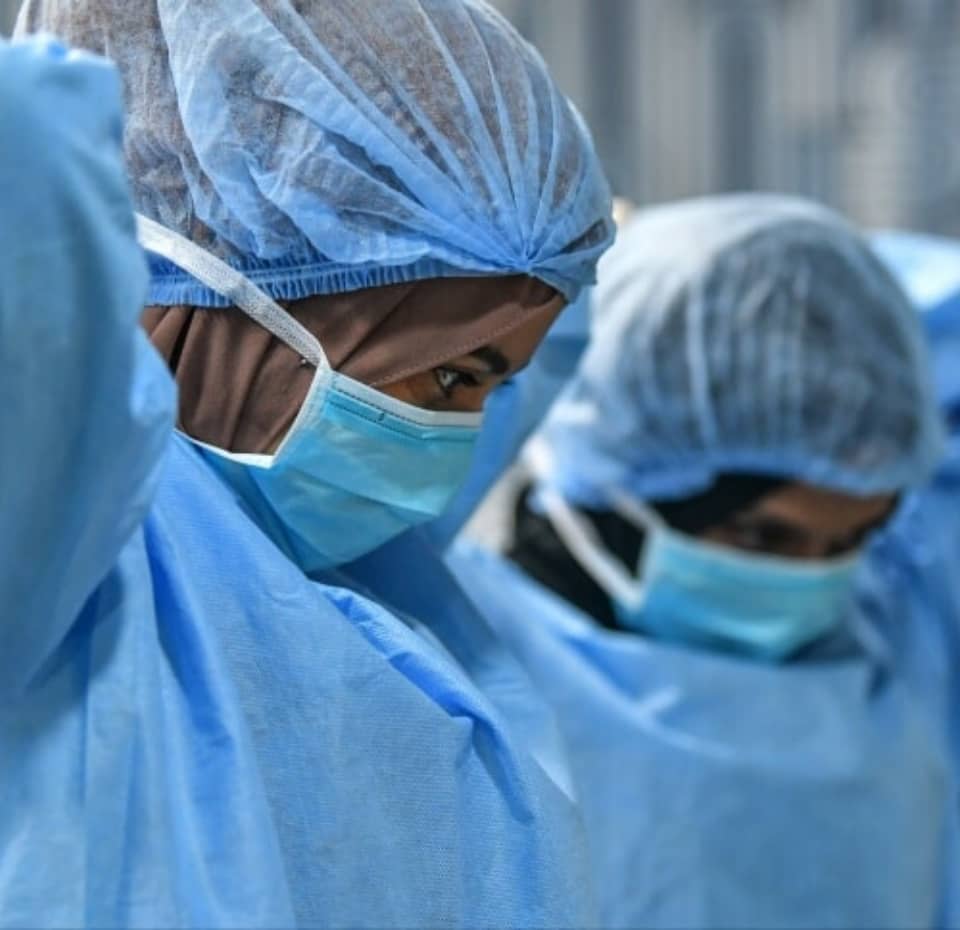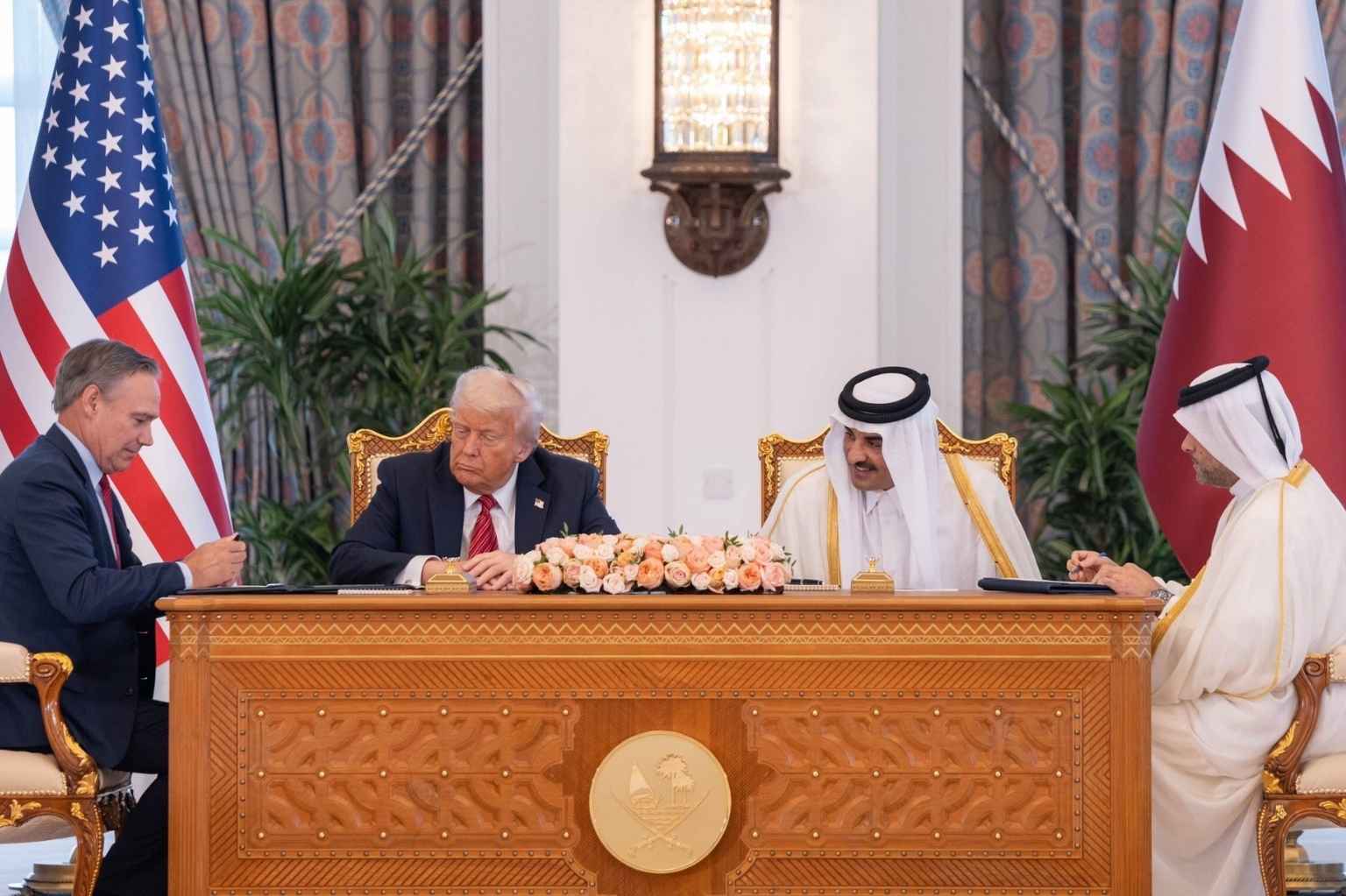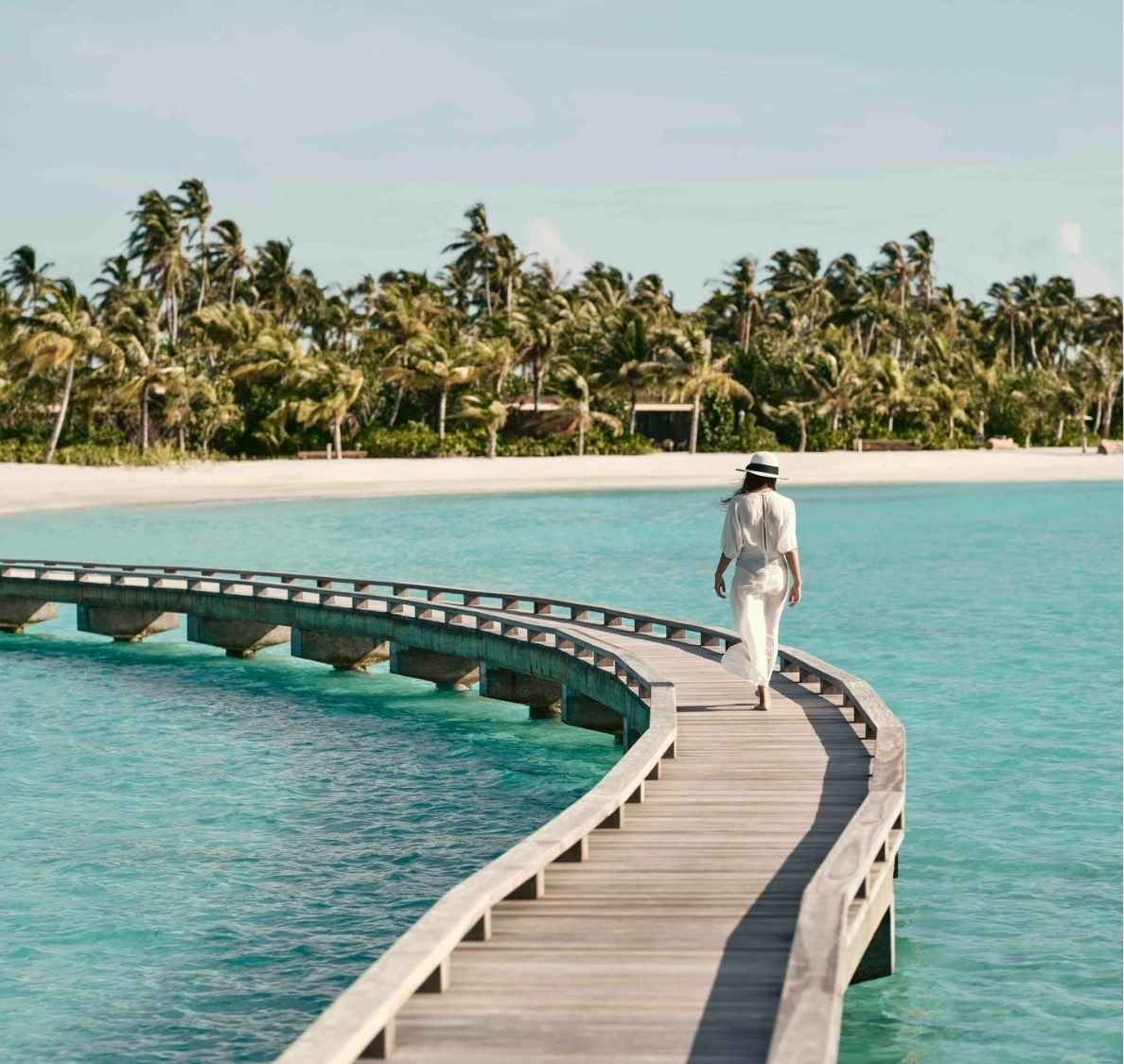Since the government imposed the lockdown after the first known case of COVID-19 in Male’ City. Maldives has seen a surge in the number of cases. As this is the situation in Maldives till today.
As of yet, there are 177 positive cases in Maldives while the number of cases in Male’ city alone is over 100. A number of Maldivians, Bangladeshis, Indians and Sri Lankans have been tested positive within Male’ City. With a population of approximately 539,176 people in Maldives, Male’ City is one of the most congested cities in the world. While Male’ city is under level IV red alert, public health risk alert level nationwide is at level II: yellow alert.
I want to prioritize what we do at present than discuss the future right now. Currently, we are not in a situation to lift the lockdown. This situation does not call for us to go back to our normal way of life at all.”
Health Minister Abdulla Ameen
To ensure that the people are well informed, Health Protection Agency (HPA) has been updating their website in addition to the text message updates. Moreover, HPA has introduced a Dashboard on the website with complete updates of the situation along with charts and diagrams.
With the numbers increasing each day. It has been in question whether the country’s healthcare system has the capacity to treat all the infected patients or not. The truth is, not. Public Health authorities had previously stated that the country’s healthcare system does not have the capacity to treat a large number of patients with a community spread.
To help during this difficult time, a team of 10 medical professionals from Bangladesh arrived in Maldives on 20th April 2020. In addition to that, a number of medical students studying in Nepal had volunteered to offer their services. All students arriving from Nepal would undergo the mandatory 14-day quarantine period before they assist in the healthcare facilities.
Maldives currently has 18 quarantine facilities across the country. National Emergency Operation Centre (NEOC) had announced the development of a new isolation facility in Hulhumale’ earlier this month. The facility will feature an isolation block with a 300-bed capacity, a service building, and an accommodation block for the employees.
With the situation in maldives and country’s economy smashed to the ground. Businesses are finding it a challenge to sustain their expenses and due to which a number of individuals has been unemployed. To support those who lost their jobs due to the pandemic, Economic Ministry has decided to provide a stimulus package of MVR5000 to those individuals, for a period of 03 months.
While the entire Maldives faces the global pandemic. The government has been undertaking extreme measures to ensure that the people have food and other basic necessities across the country. MNDF along with the Police have been tirelessly patrolling the streets as well as providing delivery services of goods to households. In order to solve supply issues to the islands. Maldivian Airlines has decided to commence cargo flights to all domestic airports across the Maldives.
As the holy month of Ramadan approached, the decision to ban praying at mosques were undertaken too. While this is the first Ramadan during a complete lockdown amidst a global pandemic, it is also the time to count one’s blessings and be grateful for what they have. Prayers and hope can go a long way during unprecedented times like these. Hoping for a better situation in Maldives.








